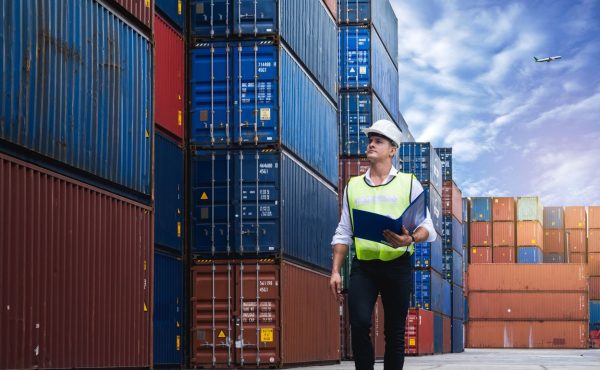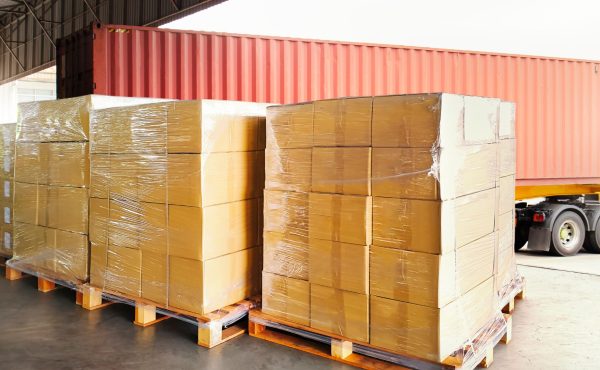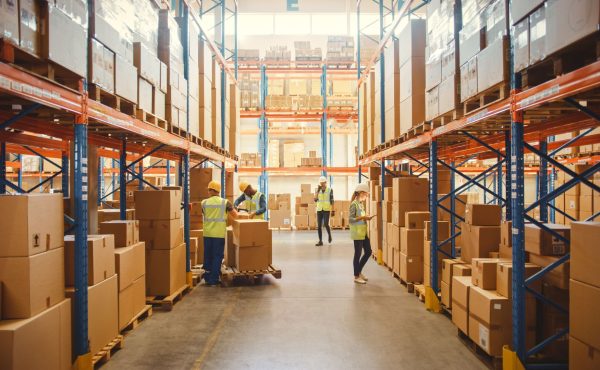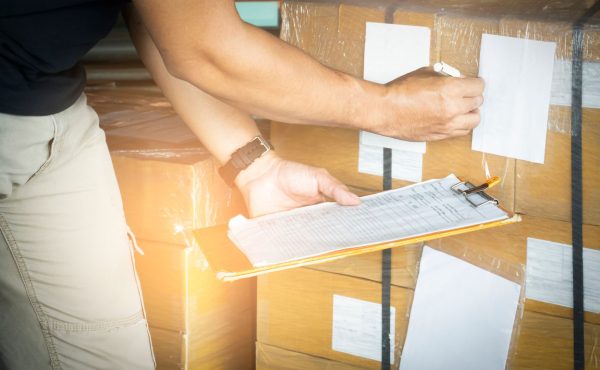How to import: startups and new entrepreneurs
Startups: why do they matter?
Startups, being emerging and entrepreneurial companies that offer innovative products to the market, may have to import parts or components to manufacture them. It may also happen that the startup does not find what it needs in a nearby environment and, therefore, must buy it abroad.
If it is a purchase in an EU country, the documentary and logistic process is much simpler. But if the supplier is from a third country, the import will be more complex and it will be advisable to have a reliable freight forwarder who can handle the entire operation from origin to destination.
In a global market, where our ideal supplier can be anywhere in the world, how we are going to import is going to be a strategic decision. Therefore, we must previously analyze a series of factors that will be decisive for the success of the purchase abroad.
“En un mercado global, nuestro proveedor ideal puede estar en cualquier parte del mundo. Por ello es aconsejable contar con un transitario de confianza que pueda ocuparse de toda la operación logística”

How you can import a startup or an entrepreneur
The first step is to choose the right supplier. The Internet can be a good tool for making a first list of possible providers. If they have a good website, we can get an idea of the quality of the product they sell and we can decide if it is exactly what we need.
Depending on the product that the startup or entrepreneur has to import, you can also consider attending a trade fair specialized in that field. Institutions such as ICEX, the Catalan agency ACCIÓ or the Spanish Chamber of Commerce have good information about sectorial fairs organized in countries all over the world.
At a sectorial fair, the startup will be able to find innovative suppliers and through direct contact will be able to make an initial assessment and check if it is a company with approved products and certifications to sell abroad. You will also be able to see samples of the products or ask for them to be sent to you for testing.
Once the supplier has been chosen, the startup will have to negotiate with the supplier not only the price and quantities, but also the most convenient Incoterm, the delivery times of the goods and the most suitable mode of transport. Again, the knowledge that a forwarding company like Logisber can provide is crucial. Through our network of own offices and trusted agents worldwide, we support the entrepreneurial company in the import process.
Regarding the most suitable Incoterm for an import, it is advisable that the entrepreneur chooses the one that ensures a better control of the logistic chain and the associated costs. The choice of Incoterm, which is the standard used in international sales, will also depend on the trust we have in the seller and the characteristics of the country of origin of the goods.
“When organizing an import to the startup you may want to control the logistics chain and costs depending on the degree of trust you have with the seller”.
If the startup has no experience in how to import, does not know the country of origin of the goods and has some confidence in the seller, it can use the Incoterms DAT (Delivered At Terminal), DAP (Delivered At Place) and DDP (Delivered Duty Paid). It will only deal with the logistics part once the goods have arrived at destination and the seller will take care of the bulk of the chain (customs formalities at origin, main transport, insurance and unloading at the terminal in the country of arrival).
If the entrepreneur does not know the supplier and wants to ensure the success of the import, he can use the maritime Incoterms FAS (Free Alongside Ship) and FOB (Free On Board) or the multimodal FCA (Free Carrier). In these cases, the startup will be able to control costs and the logistics chain from the country of origin to the final destination. But it will be important that a freight forwarder takes care of the control of the main transport and the costs of the logistics chain.
What documents are required to import?
A startup must know what commercial documentation is essential for an import. On the one hand, there is the commercial invoice provided by the seller, which contains information about the product sold and its price. It may also contain information on the Incoterm that the seller and buyer have agreed to use.
Another document is the packing list, which is the list of contents also provided by the seller and which indicates the characteristics of the shipment of the goods (contents, packages, weight, measurements, references, etc.).
Depending on the type of product imported, it may be necessary to have a certificate of origin, an official document that proves the origin and from which the tariff to be applied can be deducted.
Also, depending on the goods and the country of origin, at the administrative level the entrepreneur may have to present other documents for an import. In any case, the Tax Agency and the Customs and Excise Department will be the ones to determine which documents we will have to present and whether the imported goods must undergo any type of control or inspection on arrival in the country of destination by the Border Inspection Services.
On an import, the merchandise must be classified by tariffs for Customs to apply the relevant taxes and duties. Having the correct tariff heading for a product that we have purchased in a third country is essential so that the logistics chain does not suffer delays.
“In Logisber we organize logistic chains from origin to destination, we carry out the documentary and customs processing of an import and we can advise the entrepreneur on how to import”
With regard to the actual logistical documents, we will have the bill of lading or airwaybill or the road or rail transport documents issued at origin by a freight forwarder. This document is used for the delivery of the goods to the importer.
It is also important to have financing available to carry out an import. The startup or entrepreneurial company can go to a bank or access lines of financing from official bodies such as the ICO.
A logistics operator or freight forwarder is the best person to know how to import goods from a third country. They can draw up and process the documentation according to the origin and type of product, organise the logistics chain from start to finish, carry out the customs formalities and advise the startup or entrepreneurial company throughout the operation.
Categorías
Customs and regulations, International Trade
Compartir








